10 December 2024
If you've ever watched pro gamers or seasoned streamers in action, you've probably wondered, "How on earth do they always seem to know what to do next?" Whether it's predicting an enemy's move, pulling off a clutch play, or making decisions that leave you in awe, these players have something in common—a killer game sense. Game sense isn’t just about mastering mechanics or memorizing maps; it’s an art form, a mindset, and the secret sauce to success in competitive gaming. So, how do you develop it? Let's dig in!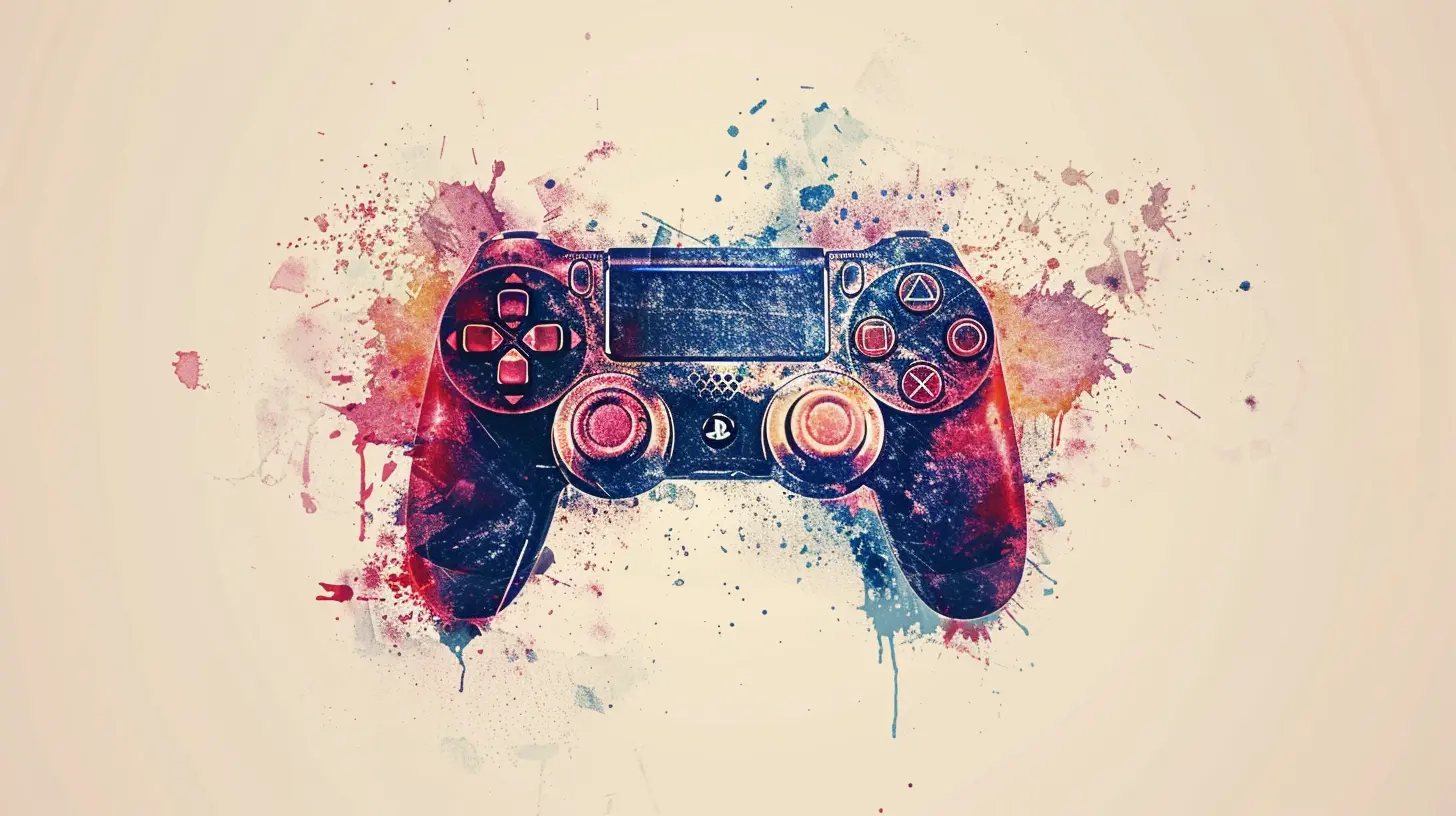
What is Game Sense, Anyway?
Before we dive into the "how-to," let’s first decode what game sense actually means. Think of it as your gaming intuition—a blend of game knowledge, situational awareness, and decision-making skills. It’s that sixth sense that tells you an enemy’s lurking around the corner, even though you didn’t see or hear them. It’s the ability to read a situation and react in a way that turns the tide of the game in your favor.Game sense is not something you can unlock like an in-game perk. It’s cultivated over time through experience, practice, and a ton of trial and error. But don’t worry—you don’t need to grind for hours like it’s a Battle Pass challenge. With the right mindset and approach, anyone can sharpen their game sense.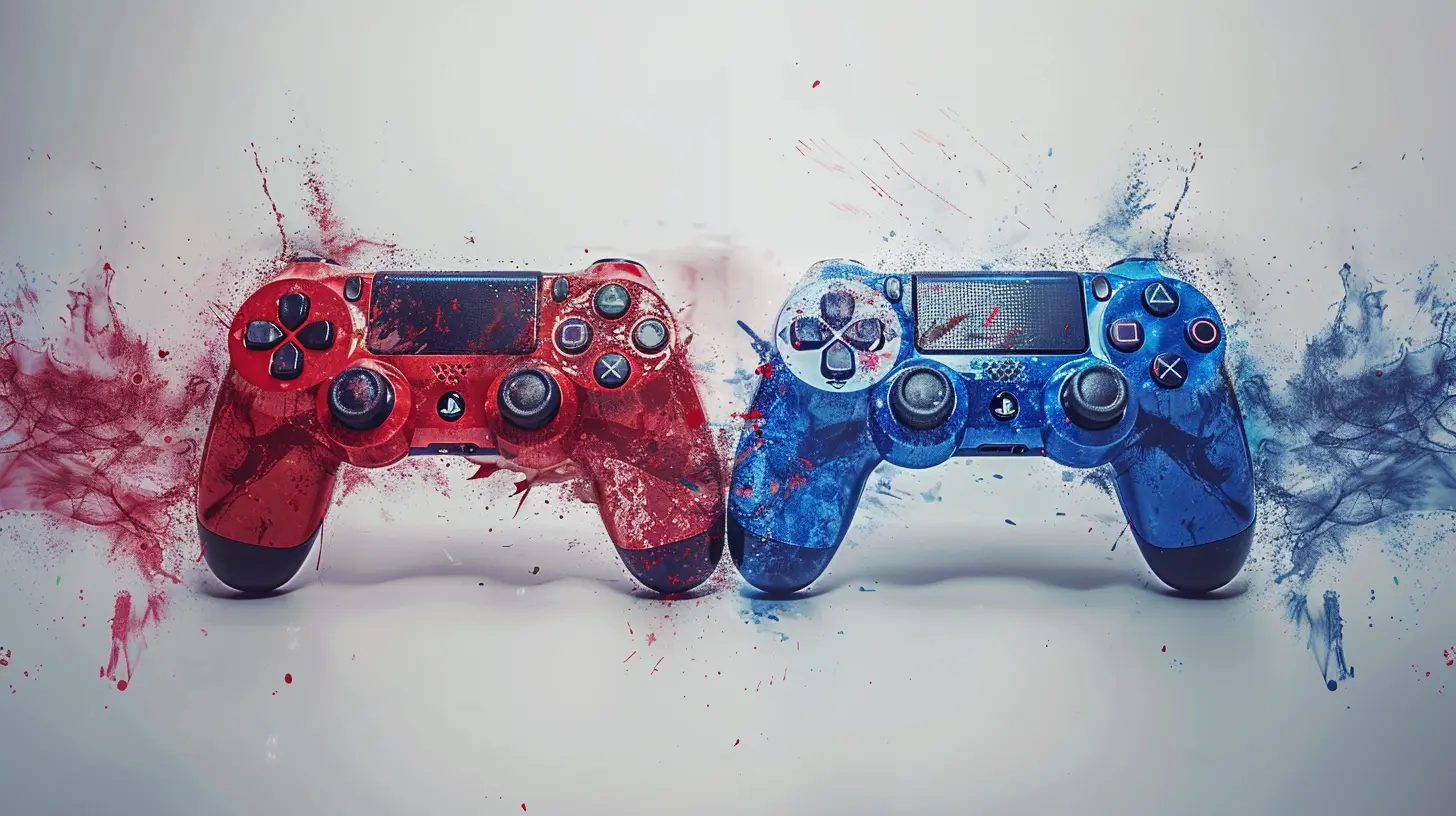
Why Game Sense Matters in Competitive Gaming
Let’s be real—competitive gaming is no walk in the park. Whether you’re trying to climb ranks in Valorant, dominate the battle royale in Fortnite, or score goals in Rocket League, having raw mechanical skill is only half the battle. Without game sense, even the fastest reflexes or the most precise aim can fall short.Game sense allows you to:
- Predict enemy movements: Ever wonder how seasoned players seem to know where the next fight is going to happen? That’s game sense at work.
- Adapt to dynamic situations: Games are fast-paced and unpredictable. Game sense helps you stay cool when things spiral out of control.
- Make smarter decisions: Should you push that fight or back off? Should you conserve resources or go all in? Game sense helps you weigh your options in real time.
- Communicate better with your team: A good understanding of the game allows you to share useful intel and strategies with teammates, which is crucial in competitive play.
In short, game sense is what separates the good players from the great ones.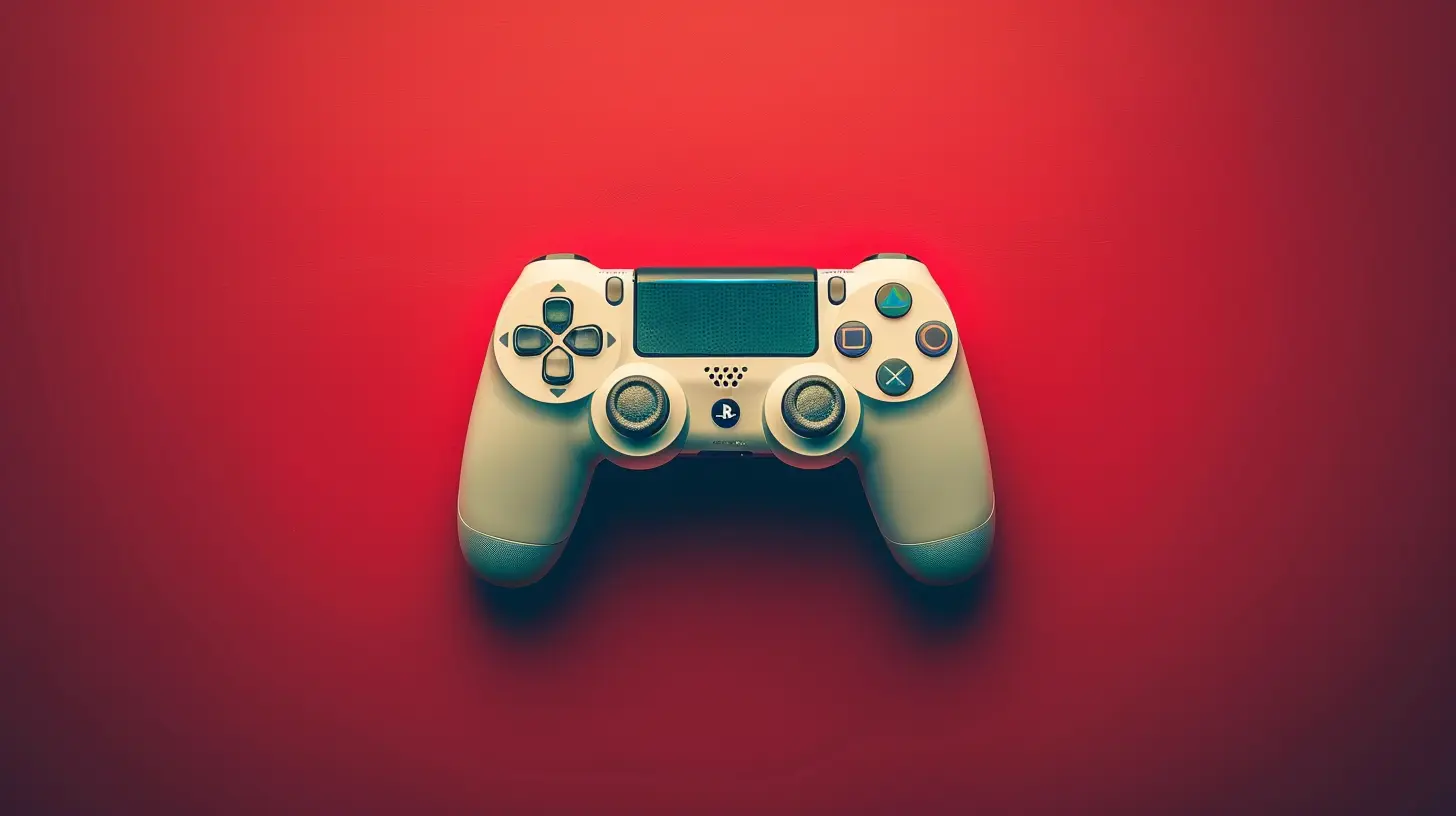
How to Develop Game Sense: A Step-by-Step Guide
Okay, now that we’ve hyped up the importance of game sense, let’s talk about the nitty-gritty. How do you actually develop it? Here’s a practical roadmap that’ll help you level up your intuition one match at a time.1. Learn the Fundamentals of Your Game
You can’t build game sense without a solid foundation. Start by thoroughly understanding the game you’re playing. Dive into these areas:- Game mechanics: Whether it’s recoil patterns in an FPS or cooldowns in a MOBA, mastering mechanics is key.
- Maps and positions: Memorize maps, key positions, and high-traffic areas. Know where fights usually break out.
- Meta knowledge: Every competitive game has a meta, or "most effective tactics available." Stay updated on which strategies, characters, or items are currently dominant.
The more you know, the better equipped you’ll be to make snap decisions.
2. Practice Situational Awareness
Imagine you’re driving down a busy street. You’re not just focused on your car; you’re also paying attention to traffic lights, pedestrians, and other vehicles. Gaming works the same way. Situational awareness is about keeping track of everything happening around you and processing that information in real-time.Here’s how to sharpen it:
- Constantly glance at the mini-map (if your game has one). It’s like your GPS for staying informed.
- Pay attention to audio cues like footsteps, gunfire, or abilities being used.
- Anticipate movement by understanding patterns in your opponents’ behavior.
The goal is to expand your "mental radar" so you’re not just tunnel-visioning on one thing at a time.
3. Analyze Your Play (Yes, Even the Losses)
Nobody likes losing, but every defeat is a goldmine of lessons waiting to be uncovered. Watch replays of your matches and ask yourself:- What did you do well?
- Where did things go wrong?
- Were there red flags (like an enemy’s positioning) that you missed?
- Could you have communicated or reacted differently?
Be honest with yourself. Being self-critical in a healthy way is one of the fastest paths to improvement.
4. Pay Attention to Pro Players
If you’re serious about sharpening your game sense, take a page out of the pros’ playbook—literally. Watching professional gamers or high-level streamers isn’t just entertaining; it’s an educational experience.Notice how they:
- Position themselves in fights
- Rotate through maps
- Manage resources and abilities
- Communicate with their teammates
Most importantly, don’t just passively watch—analyze their decisions. Ask yourself, "Why did they do that?"
5. Experiment With Your Playstyle
Developing game sense isn’t about replicating what others do; it’s about finding what works for you. Don’t be afraid to experiment. Try out different playstyles, characters, or strategies and see what clicks.For example, if you usually play passively, try being more aggressive for a while. It’ll help you understand the pros and cons of both approaches and add more tools to your toolbox.
6. Communicate and Collaborate
Competitive gaming is often a team effort, and communication plays a huge role in developing game sense. Talk to your teammates, share what you observe, and listen to their feedback. Two (or more) heads are better than one, right?Proper communication not only benefits your team but also reinforces your own understanding of the game.
7. Be Patient (It’s a Marathon, Not a Sprint)
Let’s face it—building game sense doesn’t happen overnight. It’s a process that takes time and dedication. Some days you’ll feel like everything’s clicking, and other days you’ll feel like you’re stuck in Elo hell. That’s normal.The key is to stay consistent and keep challenging yourself. Over time, the small improvements you make will add up and pay off in a big way.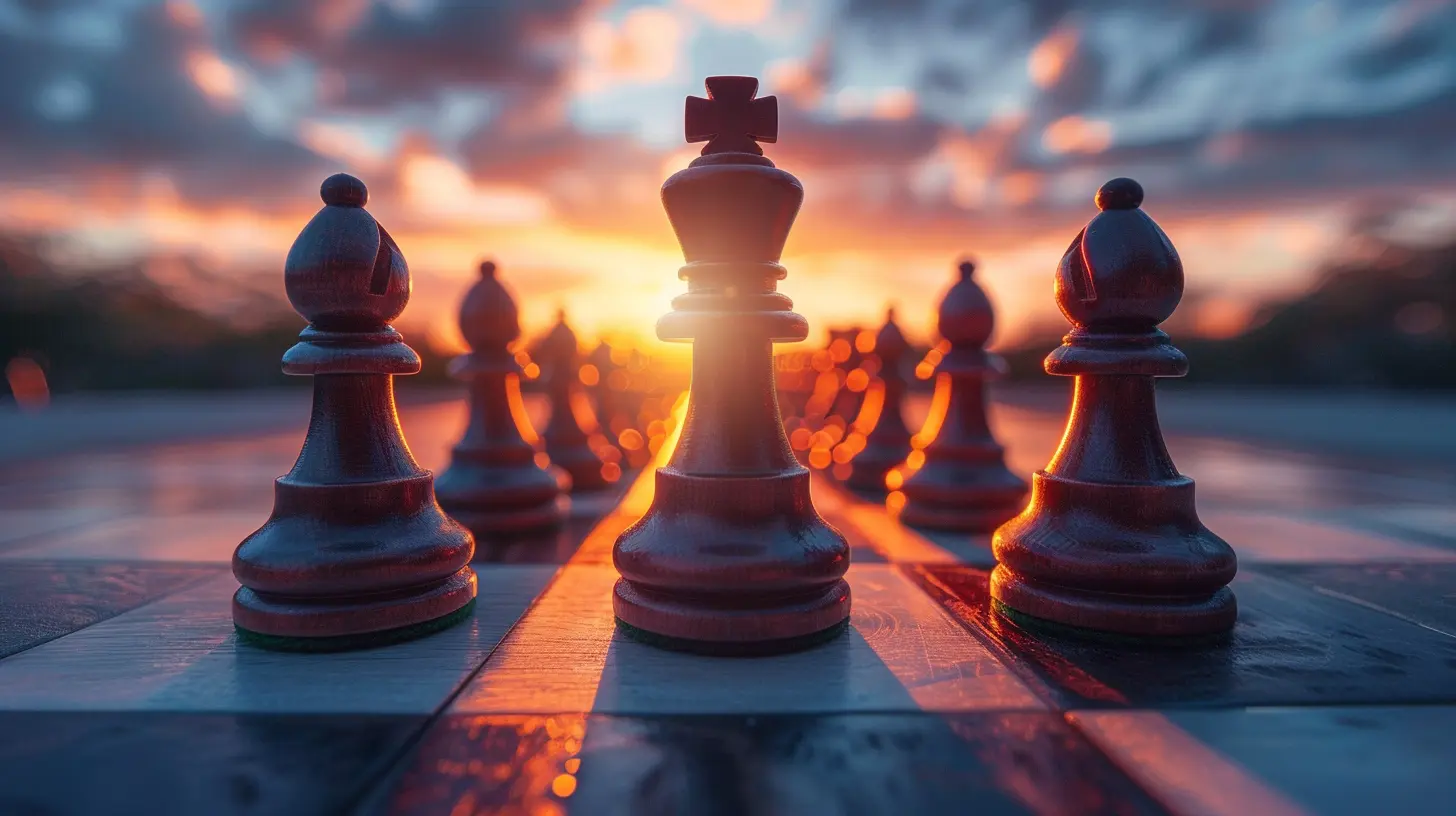
Bonus Tips for Faster Game Sense Growth
- Play multiple roles or characters: Understanding different perspectives within the game broadens your awareness.- Take breaks: Overloading yourself can lead to burnout. Sometimes stepping away gives you a fresh perspective.
- Keep a journal: Write down what you’ve learned from each gaming session. It’s like taking notes for a big test—it helps you retain key insights.
Wrapping It Up
Developing game sense is like learning how to dance. At first, it might feel awkward and clunky, but with practice, the movements become fluid, intuitive, and second nature. Whether you’re a casual gamer looking to improve or someone chasing the dream of becoming the next esports star, game sense is your golden ticket to better performance and more fulfilling matches.And hey, don’t stress about trying to master it all at once. Each game you play is an opportunity to grow, learn, and become just a little bit better. So hop into a match, keep these tips in mind, and let your game sense do the talking.




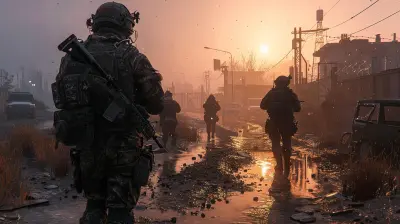
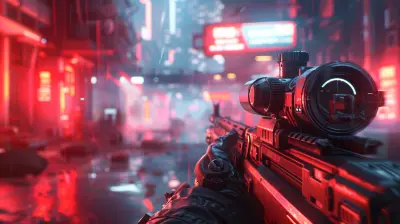
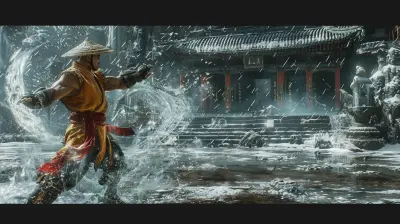


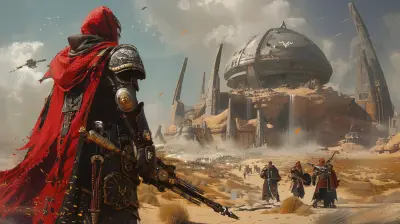



Layla Lynch
Unlocking game sense is like finding a secret level—suddenly everything clicks! Grab your snacks, focus up, and let’s level up our gaming skills together!
February 10, 2025 at 5:27 PM